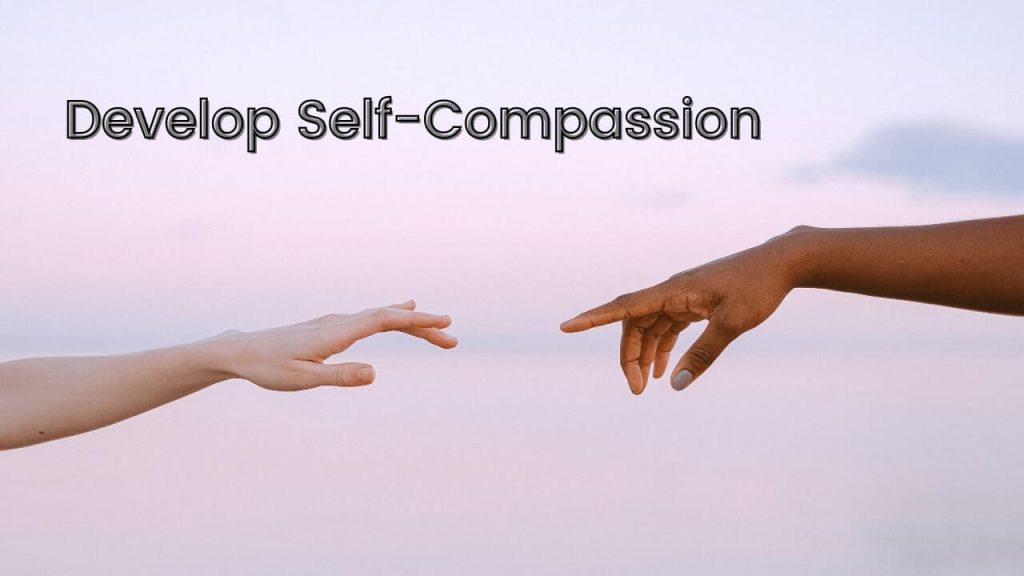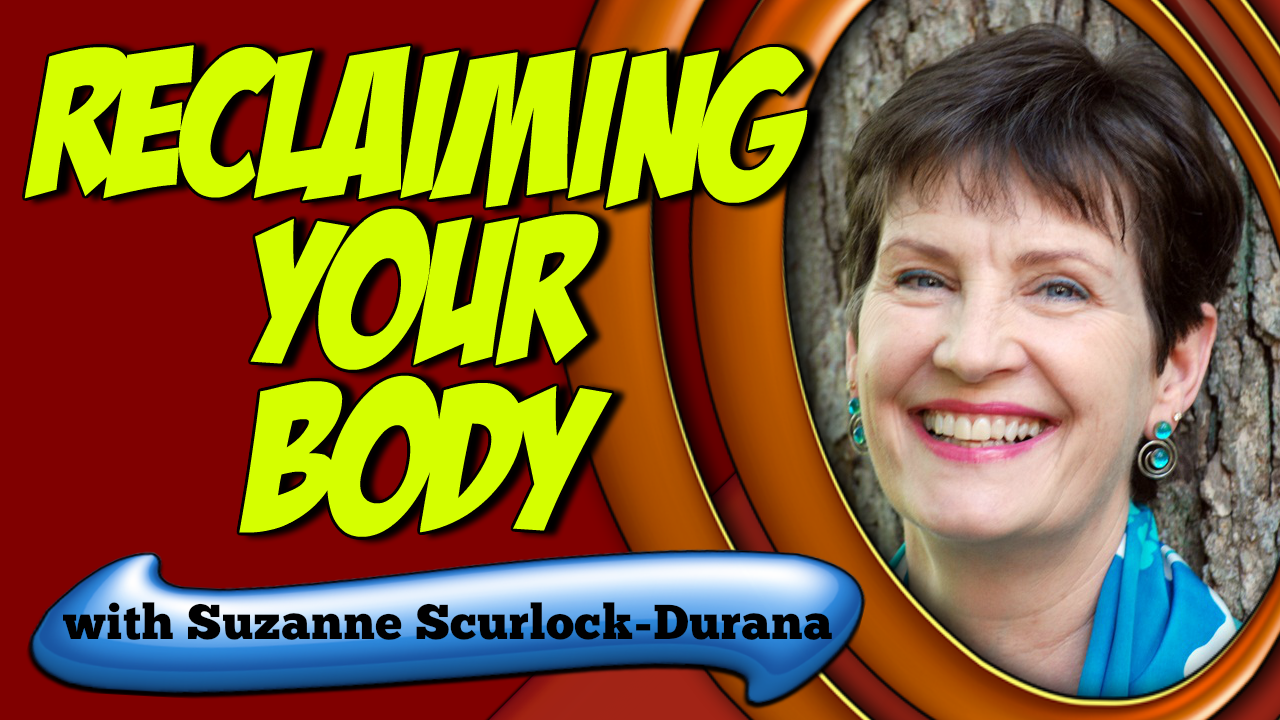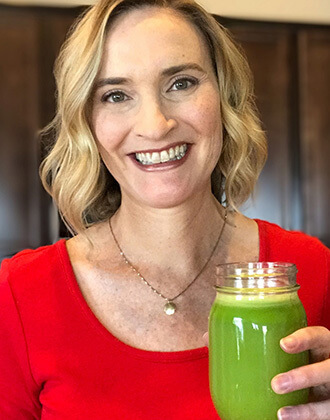We are often so focused on helping other people that we need to learn how to develop self-compassion. We are often hardest on ourselves.
Are you guilty of beating yourself up sometimes? Developing self-love and compassion for ourselves is one of the most important things we can do.
Maybe you consider yourself a compassionate person.
Quick to support your friends and family with empathy and a helping hand when going through difficulties.
While you might immediately put yourself into compassion action without a second thought, you are likely missing one person who needs it most…
Yourself.
You are not alone. Many of us treat ourselves with contempt, misery, and judgment. We would be shocked or even horrified by our own behavior if it was displayed openly towards another person.
We are quick to place unrealistic expectations on ourselves, beat ourselves up when we make a mistake, and even inwardly scream words of shame and disgust when we look in the mirror.
Sound familiar?
But imagine if you spoke to yourself as you talk to your friends. Suppose you took a kinder, more empathic view of your most important relationship, the one that you have with yourself.
What would it look like?
What is self-compassion
Self-compassion is about our nurturing the inner relationship with ourselves. Treating yourself as you would when being compassionate towards your friends. Giving yourself kindness, warmth, and empathy when in pain and suffering.
Sounds great, doesn’t it? But why is it so hard to flip the switch and practice compassion towards ourselves?
Some people say it has a negative connotation that comes across as narcissistic, self-pitying, or selfish.
But that is not how compassion looks. It isn’t about getting caught up in thoughts and feelings. It is not navel-gazing and ruminating on how your life should be.
Self-compassion is about facing painful thoughts and emotions and finding new ways to heal. It is about moving forward and focusing on strengths and overcoming challenges.
Benefits of Developing Self-Compassion
Practicing self-compassion can reduce rumination, which in turn reduces feelings of anxiety and low mood. It also helps us connect deeply with ourselves, be more mindful of our thoughts and feelings, and understand ourselves.
Developing your ability for self-compassion can increase your motivation, self-worth, and resilience when things do become a challenge. It also improves your optimism about the future.
How to Develop Self-Compassion
To develop self-compassion, you must understand some basic principles.
- Difficult times fall on all of us. It isn’t just family and friends. This allows us to offer warmth and empathy to ourselves instead of judging for not stepping up and winning at all costs.
- We are all in this together. Human suffering is everywhere, and your suffering does not happen in isolation. It is inevitable. We all suffer.
- This isn’t about self-pity. We don’t need to suppress or ruminate about our emotions. We must recognize our painful emotions and put them into a larger perspective, so we don’t get caught up by them.
- Bad feelings will not go away or magically disappear. You will be learning how to deal with your complex and challenging emotions.
Learning to develop self-compassion is a work in progress. It will take time, and you will find more ways to be compassionate towards yourself as you grow.
1. Mindfulness
Your mindfulness practice will be different from mine. But the goal is the same. Mindfulness allows us to be present in the moment and accept a situation without judgment. You will learn to become more aware of your thoughts and feelings and how they impact your life.
2. Affirmations
Saying affirmations out loud can feel awkward and clunky at times. But when you have negative or challenging experiences, it can help you feel supported…just like your best friend is standing next to you saying them. They don’t have to be contrived…It can be as easy as saying…You’re going to be okay……I will be kind to myself…Suffering is a part of life, and I am willing to give myself the compassion I need.
3. Treat yourself like a friend
I’m sure you have heard this a million times before, but it is true.
When you make a mistake or realize you have made a poor decision, before flying into a barrage of self-criticism, ask yourself…Would I talk to [insert friends name here] like this if they made the same mistake?
Chances are you wouldn’t.
You would most likely spend time listening to what they had to say and then start working through some options to find a solution when they are ready. Surely you can notice the difference in how that would help you move on faster.
4. Make a list to support yourself
Make a list of all the things you can do that make you feel nurtured…massage, going for a walk in nature, buying yourself some beautifully scented flowers or essential oil, journaling or putting on the oil burner, and turning to the mat.
Have the list ready for those times where you need the extra support and you hear yourself being cruel and nasty.
5. Accept you are imperfect
No human is perfect. Even if you honestly believe that the influencer you follow on Instagram is pristine perfect.
Believe me, they are not. We all make mistakes; we all suffer in our own unique way. Allow yourself to be imperfect. That doesn’t mean you are giving yourself permission to be bad…just flawed. Because we all are and it isn’t a crime.
6. Journal
When you are feeling emotional or suffering, journal. Write about why you are feeling that way. Write to yourself, go deep. Ask yourself what you are not saying in this situation. Write about how you feel and how you can support yourself. Write, write, write. Let it all come out without judgement.
You can even write about the situation as though it is your friend in this predicament. What would you say, what would you do, how would you support them?
Self compassion may feel challenging at first, but the benefit of working on it now will serve you in the long run. When we show up and deeply support ourselves, we show up better in all parts of our life…for our family, friends, work and community.











